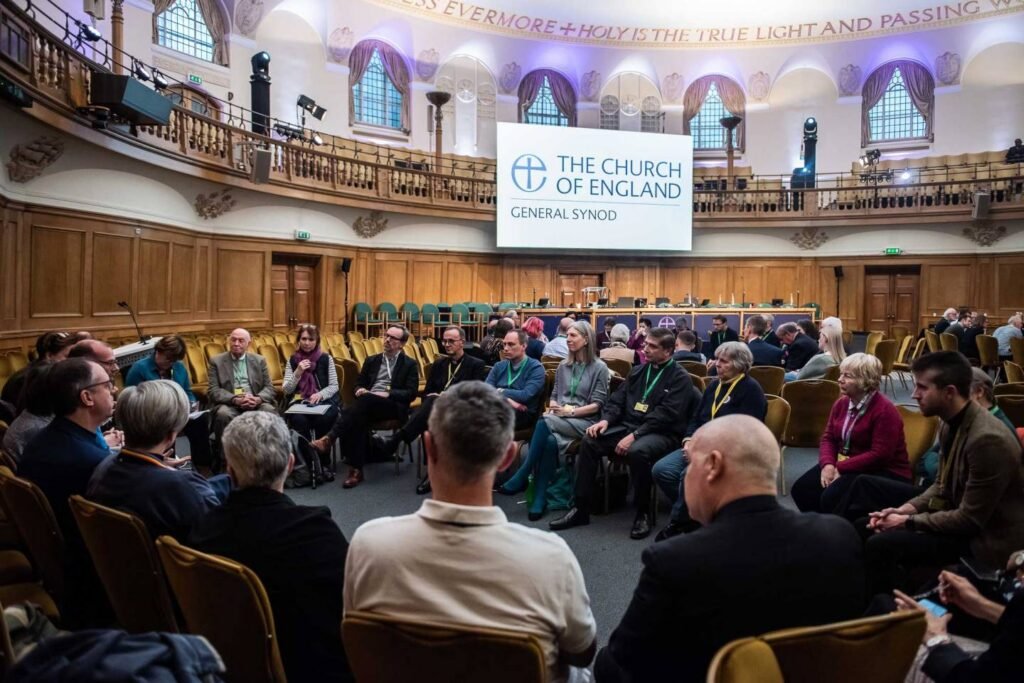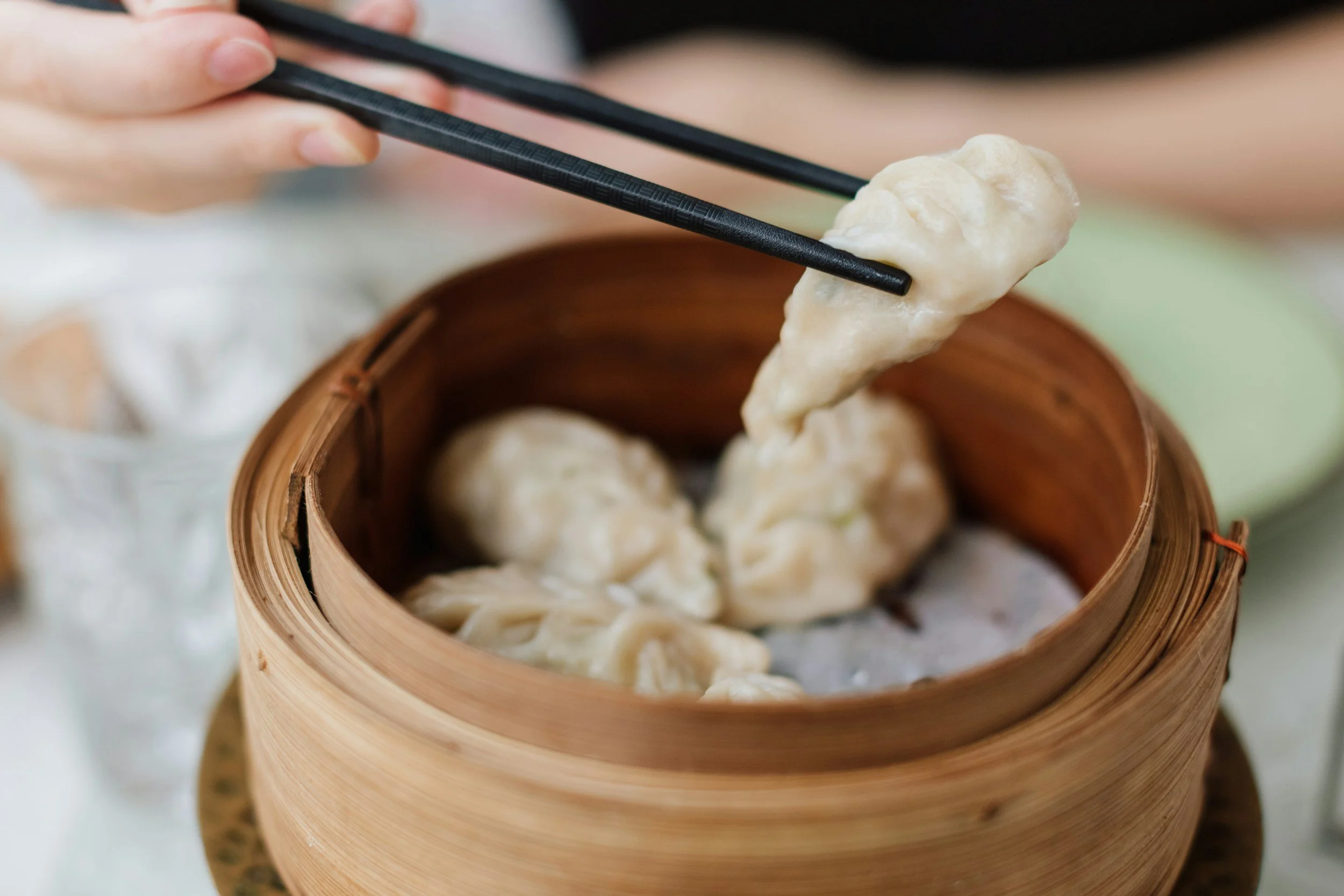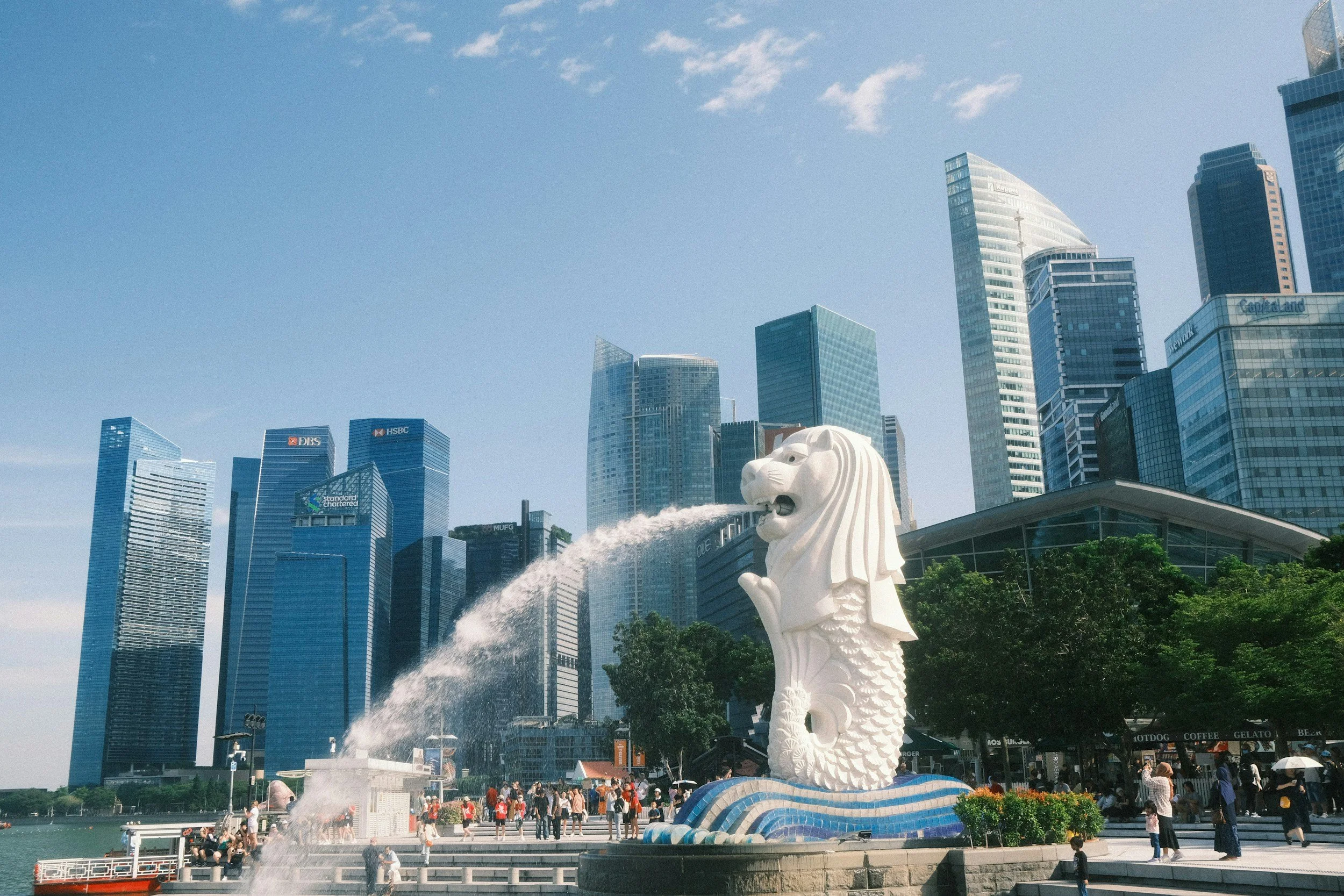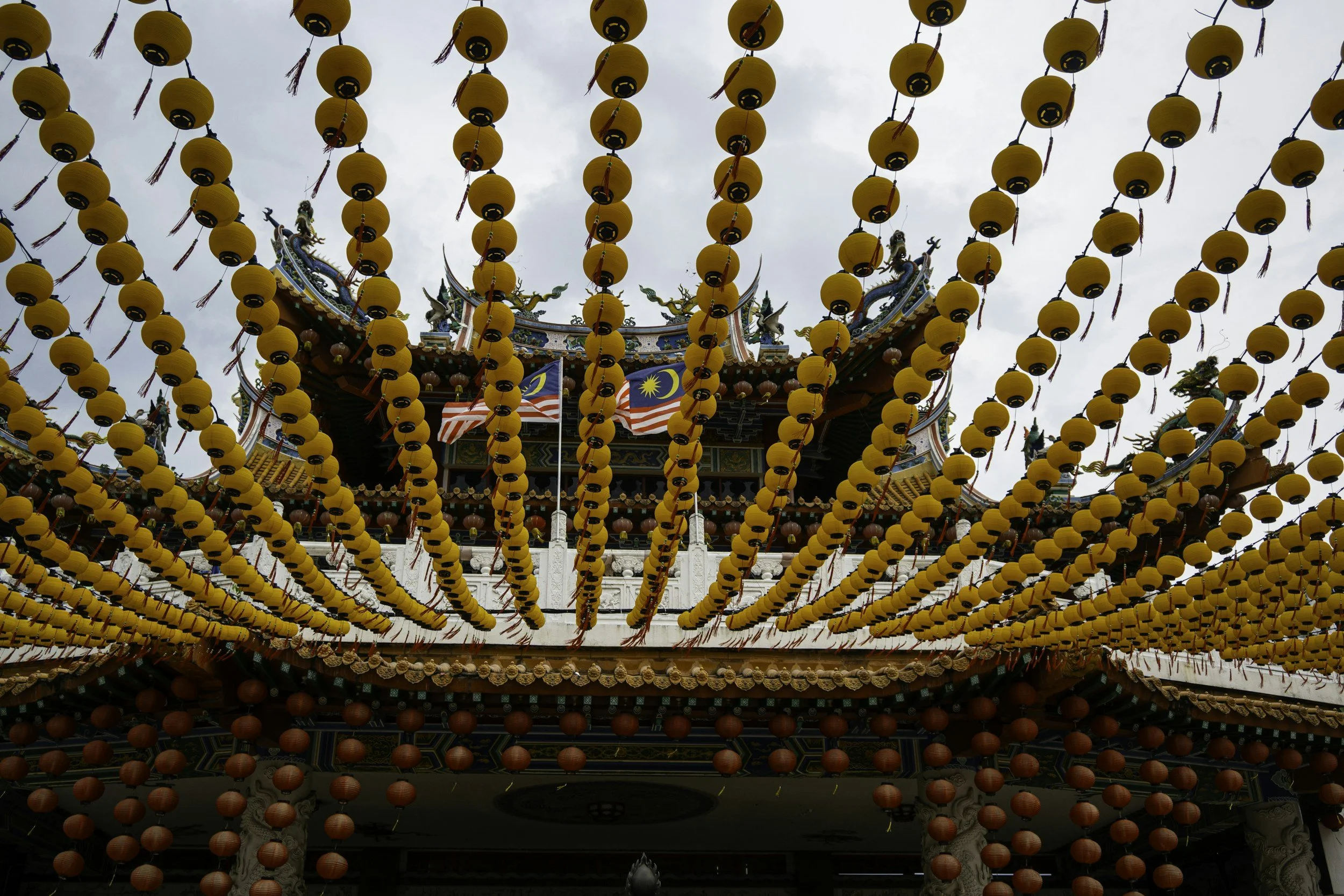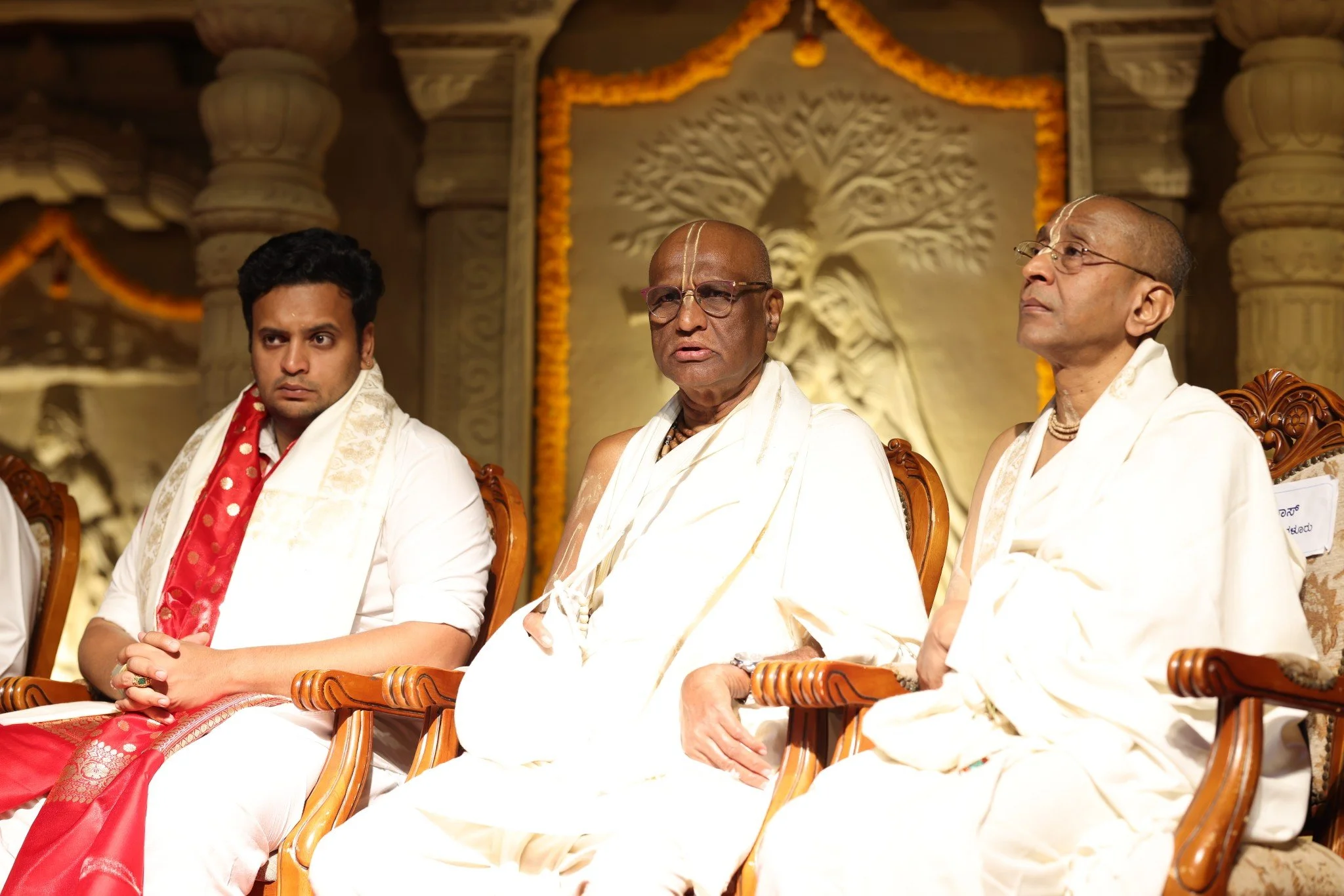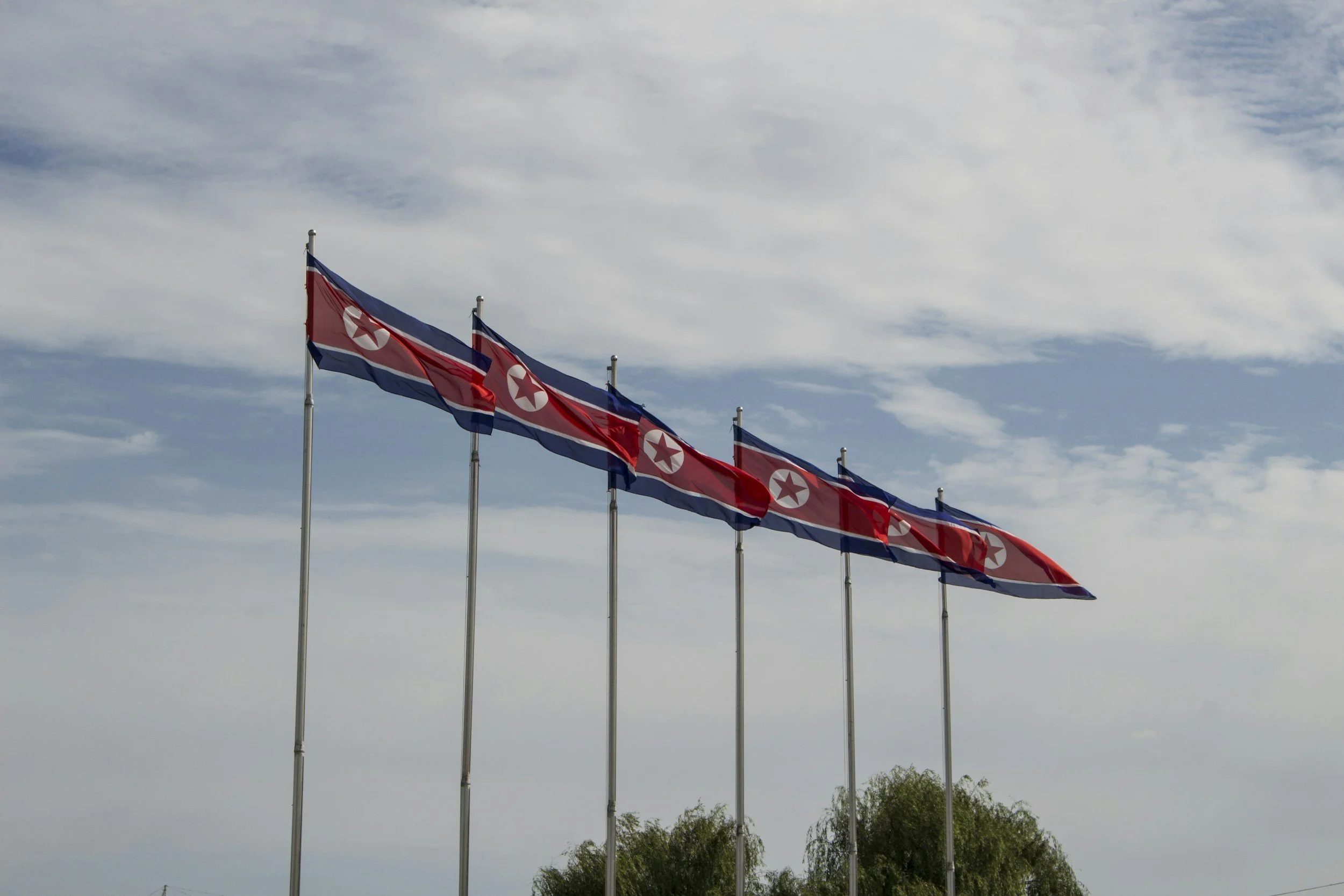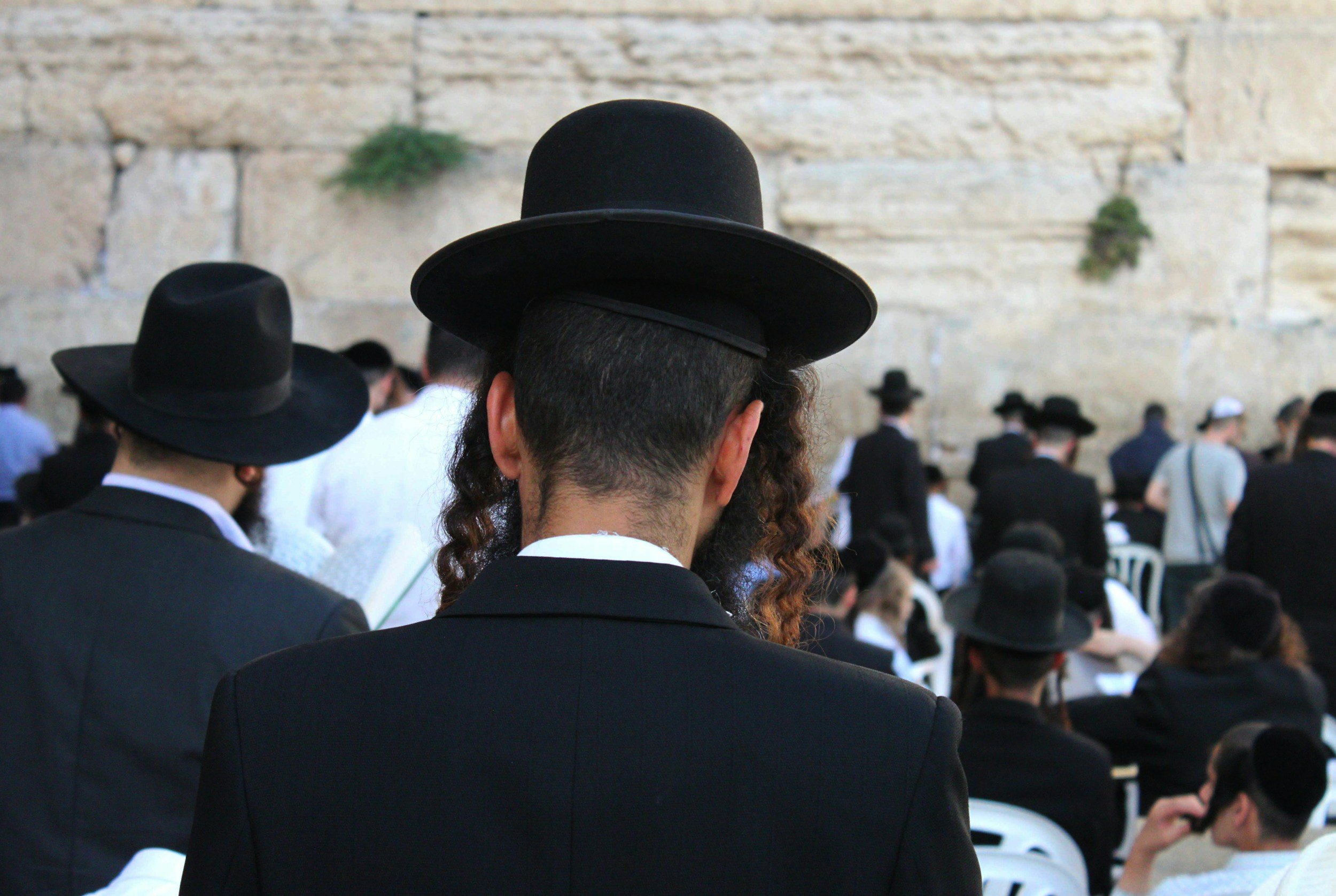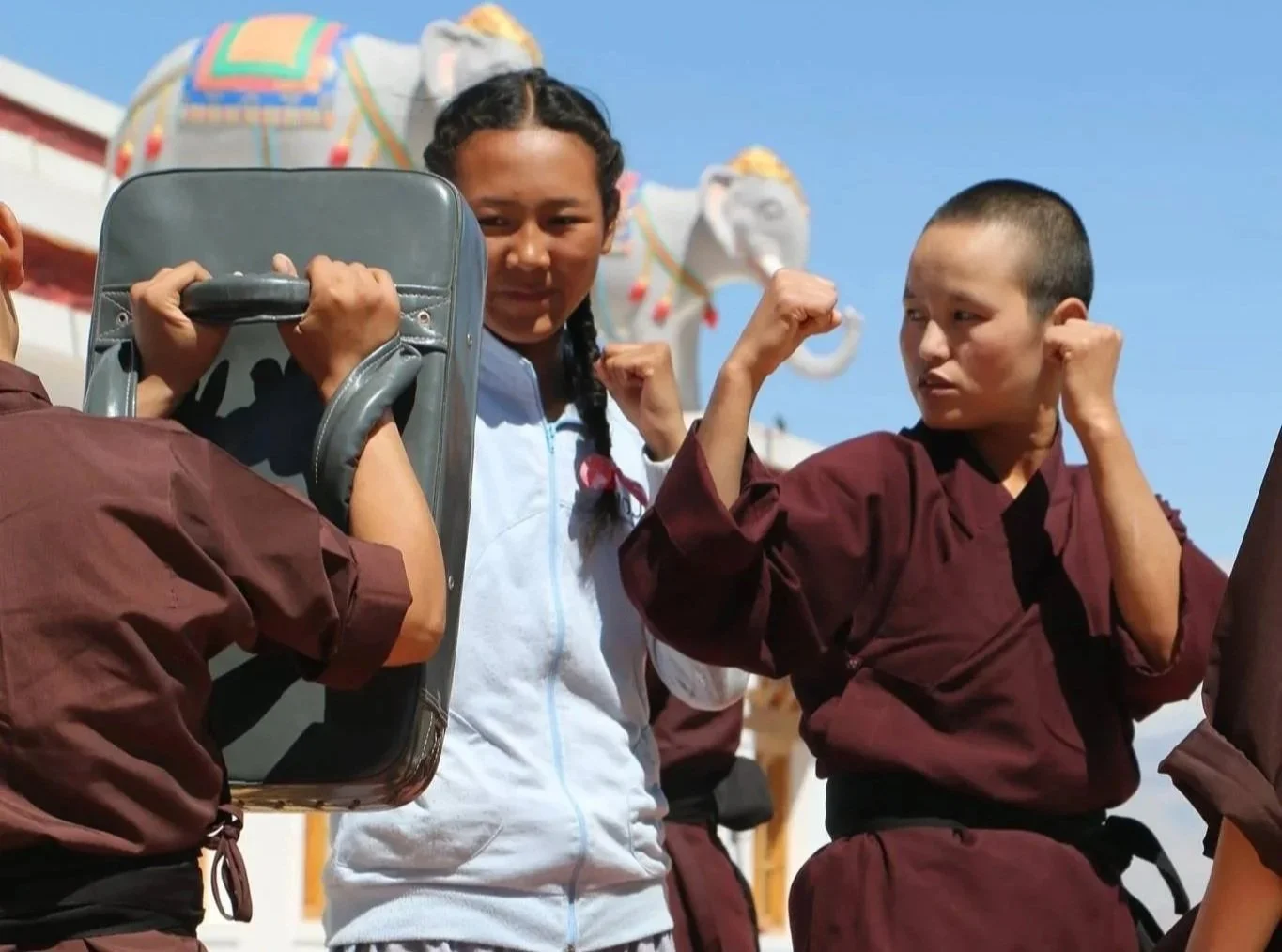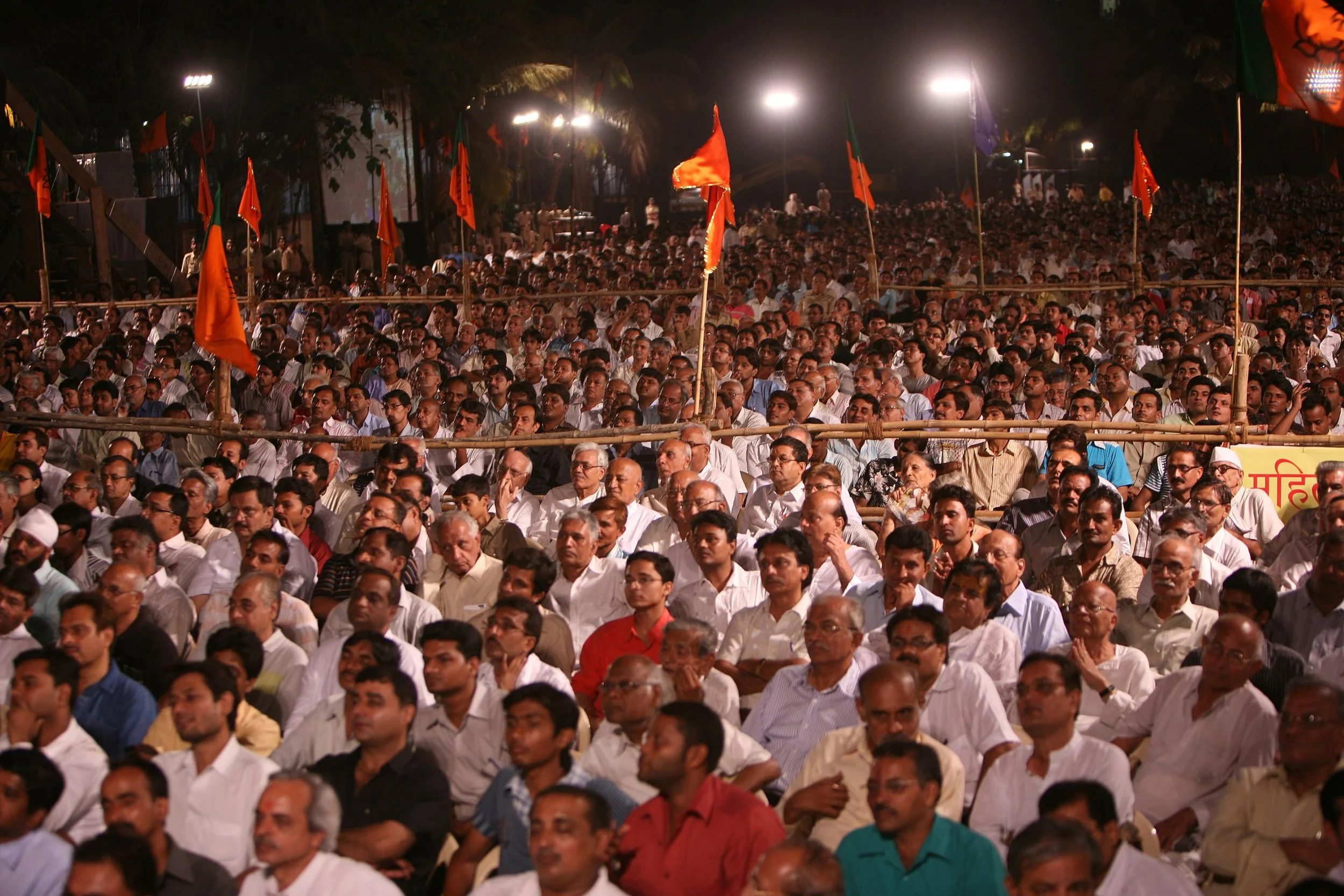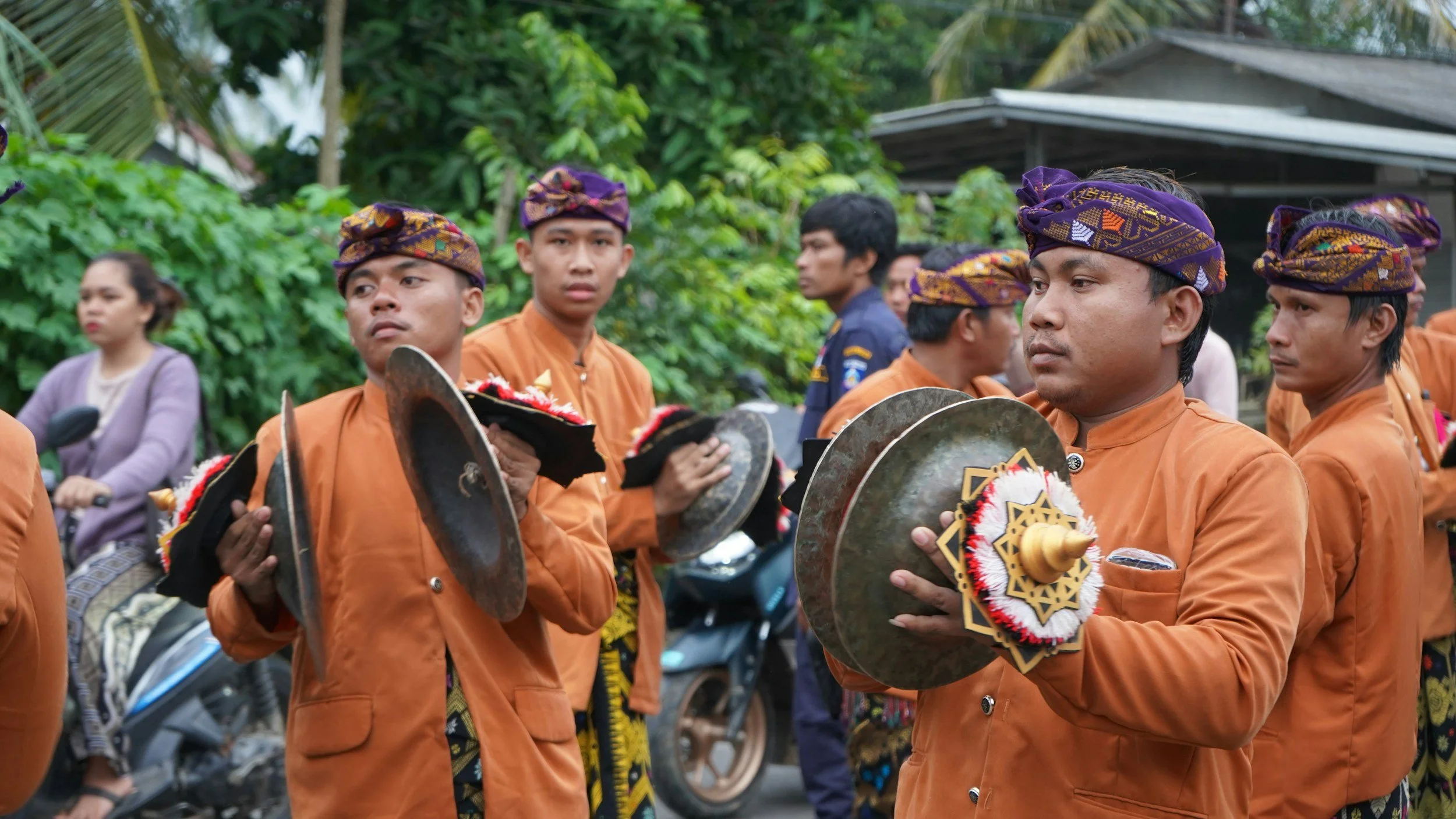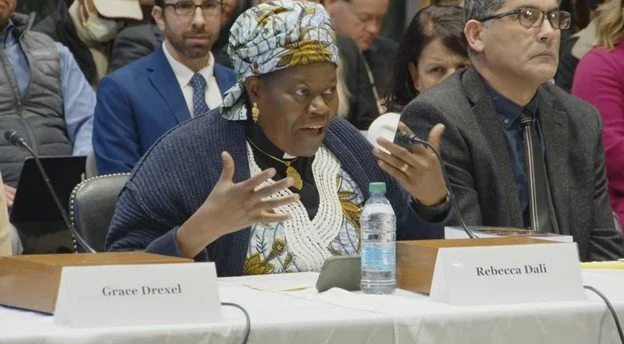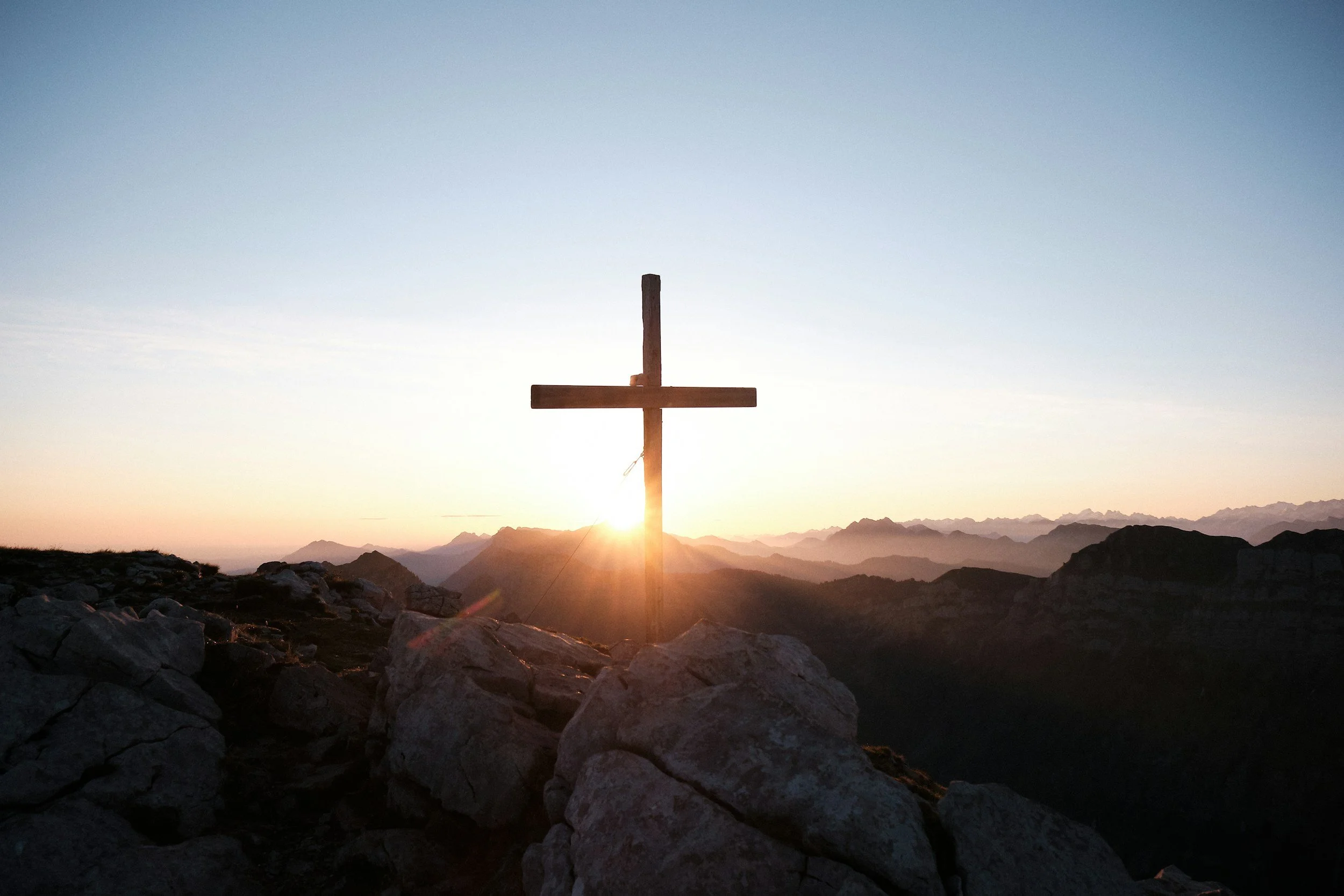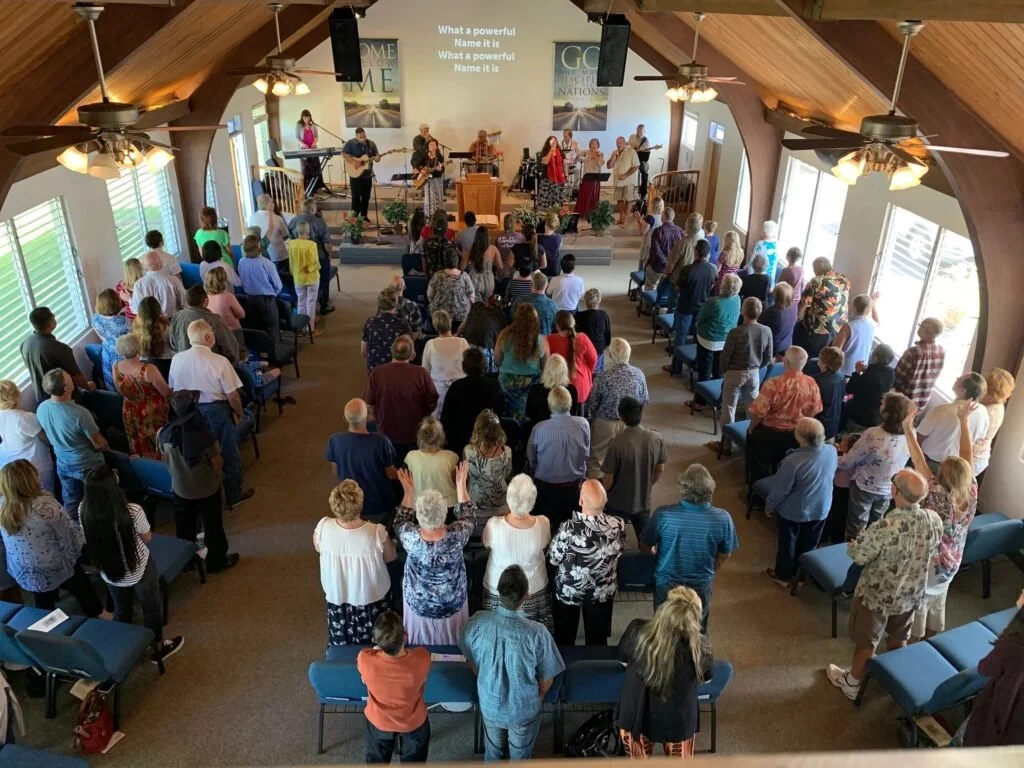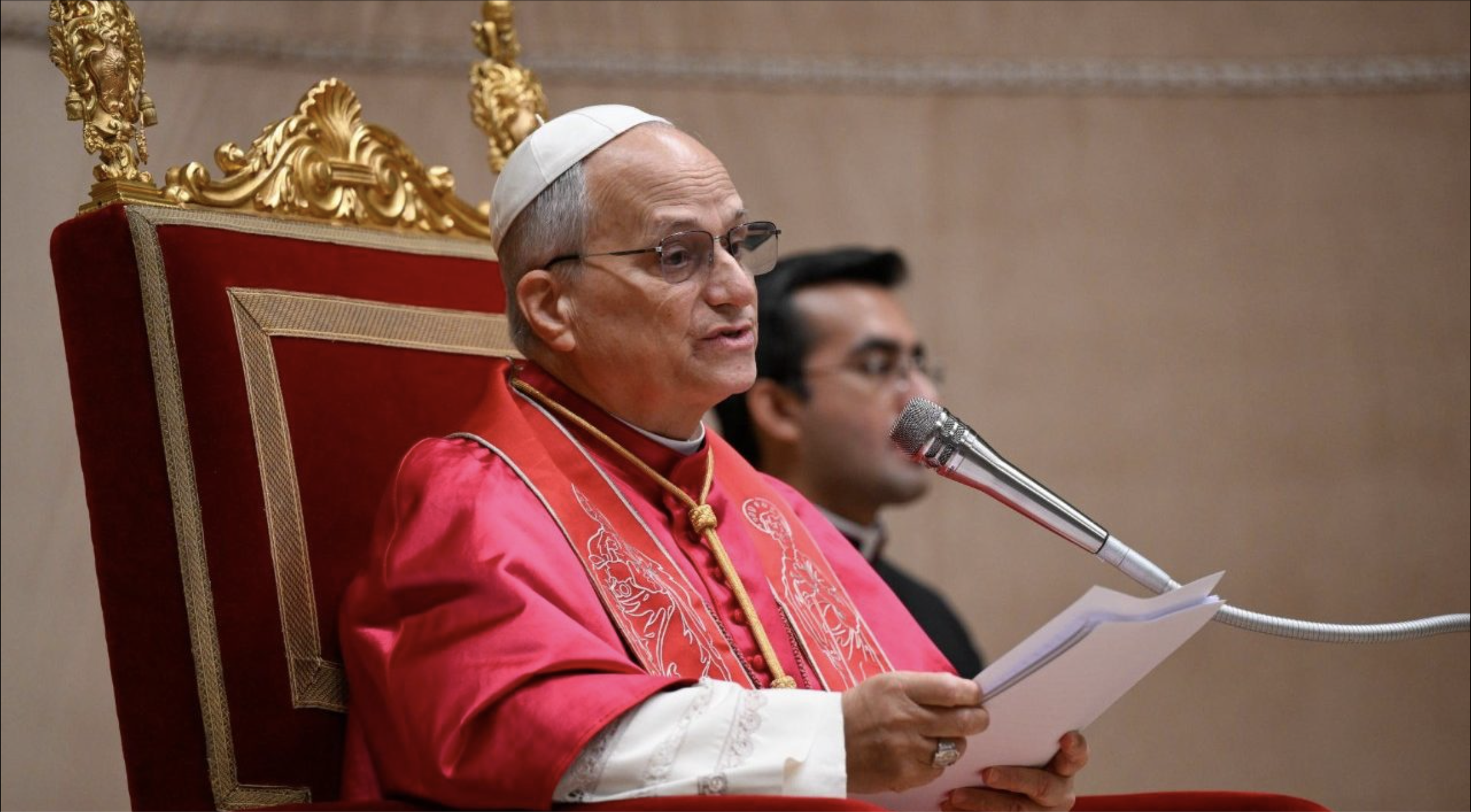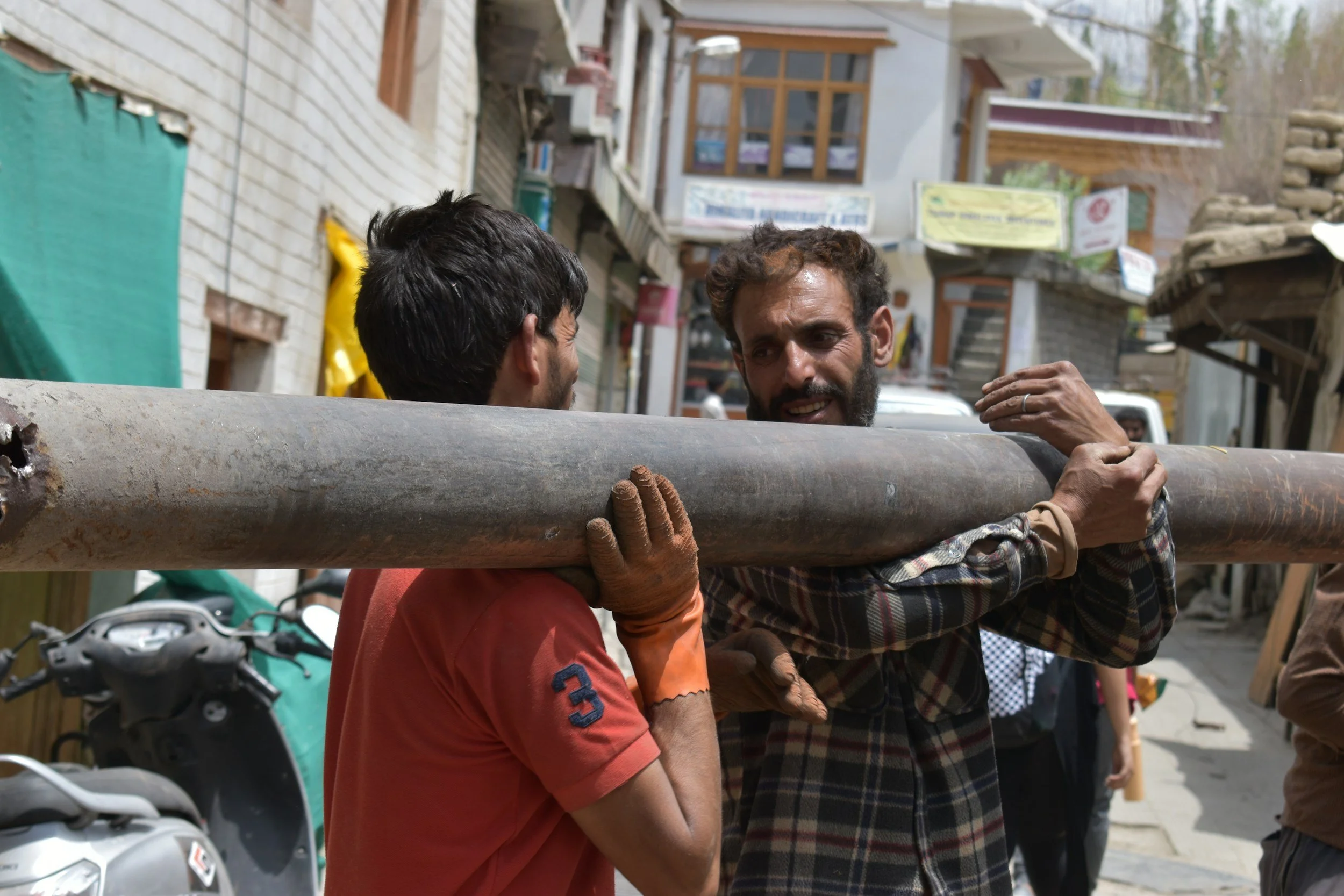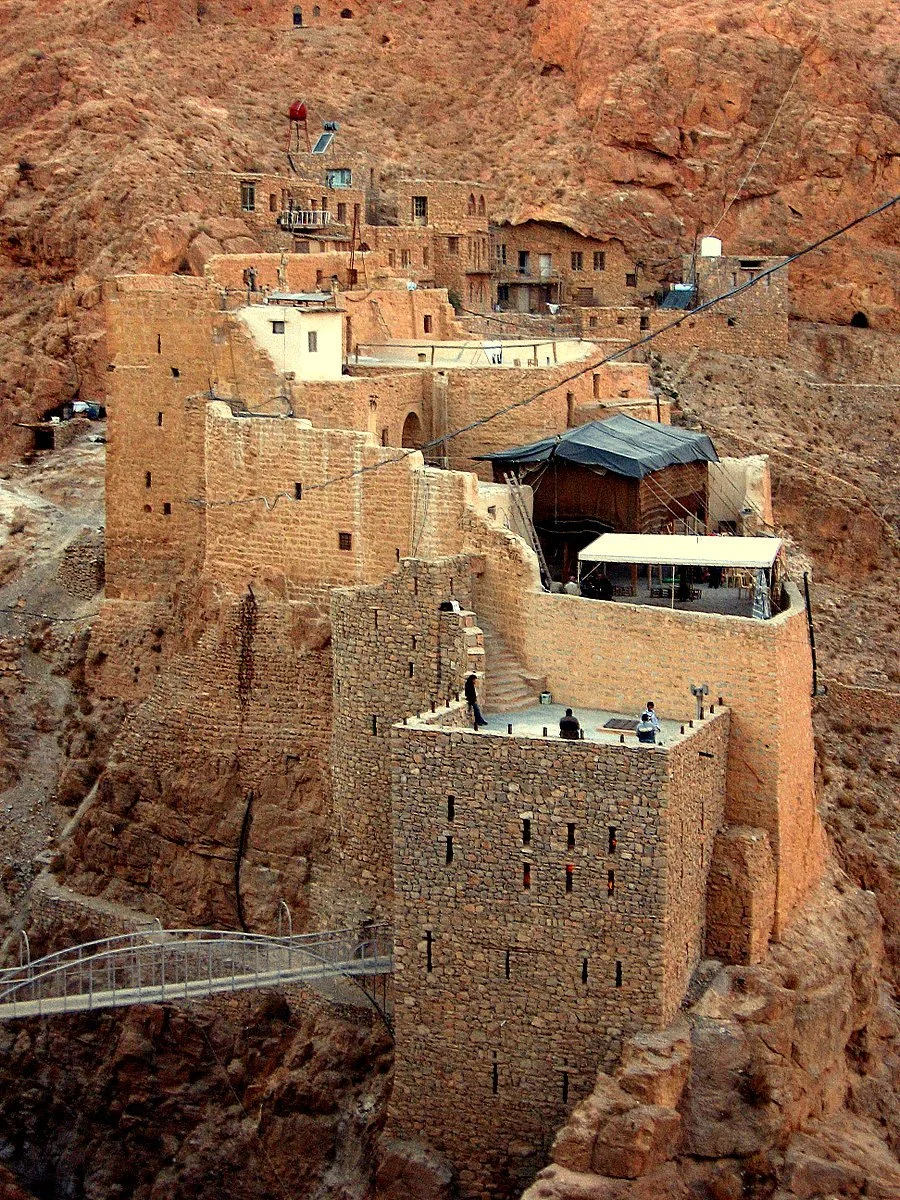The Anglican denomination continues to reject gay marriage, a decision it affirmed in 2023 while instead voting to pursue blessings. The vote to end the pursuit closed three years of work in the broader Living in Love and Faith initiative regarding identity, sexuality, relationships and marriage, that the church launched nine years ago.
Read More(ANALYSIS) Each Valentine’s Day, Hindu nationalist groups in India target couples, framing public affection as a cultural threat. Drawing on theories of moral panic, moral foundations and crowd psychology, this anxiety about social change, identity politics and purity-based values combine to justify moral policing and restrict personal freedom.
Read MoreLunar New Year is a widely celebrated cultural and religious festival observed across Asia and worldwide. Marking the start of a new lunar cycle, it blends ancient traditions, spiritual practices and symbolic foods that express hopes for prosperity, health and happiness while emphasizing family unity, renewal and reflection.
Read MoreThe Pew study measured diversity by dividing the global population into seven categories — Christians, Muslims, Hindus, Buddhists, Jews, followers of other religions and people with no religious affiliation — and assessing how evenly those groups are distributed within each country.
Read More(ANALYSIS) Religious traditions across cultures have often treated menstruation and childbirth as sources of ritual impurity. In Chinese Buddhism, the “Blood Bowl Scripture” condemned women to “Blood Pond Hell.” Today, women reinterpret these beliefs, emphasizing maternal sacrifice, agency and alternative understandings of female bodies.
Read MoreMadhu Pandit Dasa achieved every Indian family’s goal: Obtaining a physics degree from one of the best universities in the nation. But when science couldn’t answer his quest for truth, he found it in Hinduism — and started his career as a spiritual leader. “Within six months, I got frustrated … it was against my nature,” he said.
Read MoreCatholic pro-democracy activist Jimmy Lai was sentenced on Monday to 20 years behind bars in one of the most prominent prosecutions under a China-imposed national security law that has reshaped Hong Kong’s political landscape.
Read MoreNorth Korea is right there. Standing on the observation deck at Aegibong Peace Ecopark, holding cups of coffee from the brand new Starbucks behind them, visitors gaze across the Han River to the rolling hills of the world’s most isolated, enigmatic and repressive state.
Read MoreA group of people living in India claims to be Israel’s long-lost tribe of Manasseh. After centuries of displacement, they finally have their chance to migrate back to Israel and eventually claim citizenship status. But it remains unclear if the Jewish state will become the accepting, stable home they’ve always wanted.
Read MoreThere are about 800 kung fu nuns in the Himalayas, from little girls to adult women — and when they aren’t engaging in hand-to-hand combat, you can find them bicycling hundreds of miles across Asia. The order has an estimated 1,000 monastic centers and millions of followers worldwide, but their mission and purpose remains a mystery to many.
Read More(ANALYSIS) The Maldives, the small South Asian island nation, recently passed a new law to tighten the noose of the media. But this new law also indirectly strengthens the state’s restriction on religious freedom. Under this law, media outlets will be punished if they publish any content that contradicts Islamic principles or that could be seen as offensive to Islamic sentiments.
Read MoreIndia recorded 1,318 in-person hate speech incidents in 2025, averaging more than three each day and overwhelmingly led by Hindu nationalist groups affiliated with the ruling Bharatiya Janata Party. The report supports the inference that a political choice is behind the sustained scale of public incitement, which undermines both the rule of law and the idea of equal citizenship.
Read More(ANALYSIS) Religious freedom in Hong Kong and Macau seems to be at the mercy of the ruling authoritarian Chinese Communist Party in People's Republic of China. Falun Gong, a spiritual discipline that was banned by the People’s Republic of China in 1999, but remained active in Hong Kong and Macau, has been gradually losing its religious freedom.
Read MoreA Nigerian minister and humanitarian urged the U.S. government to use peaceful methods to address religious persecution during a Jan. 13 USCIRF hearing in Washington. Rebecca Dali said bombing worsened trauma for communities and encouraged intelligence-based cooperation, as witnesses testified about Christian persecution in multiple countries worldwide.
Read MoreNigeria, Rwanda, China, Mozambique and Mexico were the most dangerous countries for Christians from 2023-2025 in five distinct categories of persecution, Global Christian Relief said in its second annual Red List.
Read More(ANALYSIS) The Japanese tea ceremony is deeply rooted in the ideals of Zen Buddhism, but the current matcha hype has little to do with the tea ceremony. Green tea has become part of the on-the-go coffee culture. On social media, a centuries-old spiritual practice is compressed into a 15-second reel.
Read MoreRaising up the next generation of church leaders is “vitally important,” says Brian Frable, pastor of Kona Baptist Church on the Big Island of Hawaii. It’s important to Kona Baptist Church and the Hawaii Pacific Baptist Convention “as we advance God’s Kingdom work in the Pacific, Asia, and throughout the world,” he said.
Read More(ANALYSIS) Pope Leo XIV used an annual address to Vatican diplomats to warn that global politics had shifted toward militarism and force. Without naming any political leaders, he criticized war, erosion of international law and weakened human rights, positioning the Holy See as a moral counterweight to rising geopolitical tensions in many places around the world.
Read MoreRather than answering blood with blood, many residents in one part of India turned to prayer, ritual and mutual care. This response has become as much a political statement as a spiritual one. In the days after deadly clashes took place, monks were visible in the streets. They organized food for families stranded by an imposed curfew, led quiet gatherings — and urged people to avoid retaliation.
Read MoreThe climb to Mar Musa al-Habashi monastery is deliberate and demanding — 340 stone steps wind up a stark, treeless mountain ridge in the Qalamun region. But complete the journey, and you’ll find a community of Muslims and Christians committed to interfaith dialogue and healing their nation.
Read More
